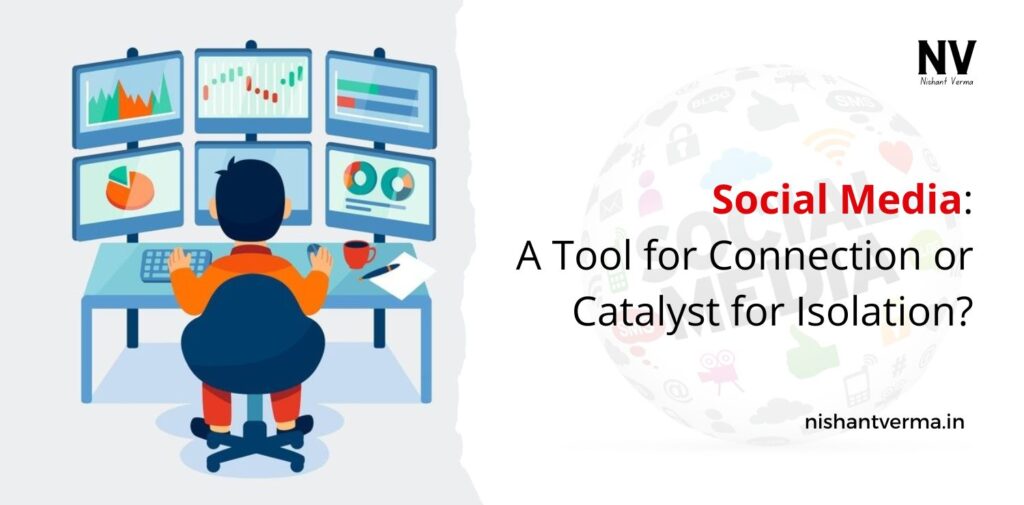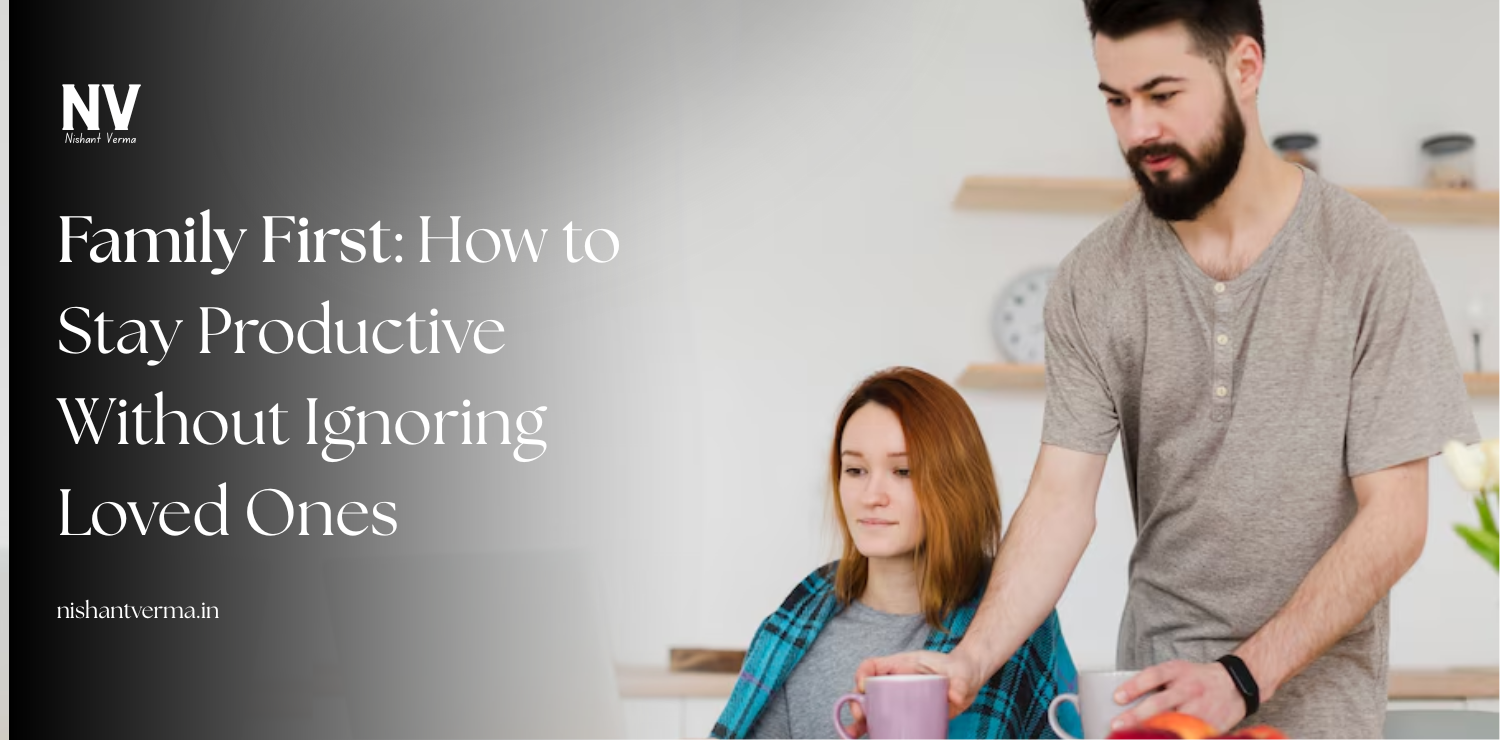In today’s world, social media has become a huge part of our lives. From Facebook and Instagram to WhatsApp and Twitter, we use these platforms to stay in touch with friends and family, share our thoughts, and even keep up with the latest news. But while social media helps us stay connected, there’s growing concern about whether it also contributes to feelings of loneliness and isolation.
Is social media a tool that brings us closer together, or is it making us feel more disconnected and alone? In this article, we’ll explore both sides of the debate, looking at how social media can connect us, as well as how it can sometimes lead to isolation. We’ll also discuss how to strike a balance to ensure that social media works in a positive way.
The Power of Connection Through Social Media
Social media has brought the world closer in many ways. It has changed the way we communicate, share information, and form relationships. Here are some of the main benefits of social media in terms of connection:
Staying in Touch with Family and Friends
One of the biggest advantages of social media is that it helps us stay connected with family and friends, no matter where they are. In India, where families often live in different cities or even countries, platforms like WhatsApp, Facebook, and Instagram make it easy to share updates, photos, and videos, keeping relationships strong.
For example, a person living in Mumbai can easily stay connected with relatives in Delhi or abroad through a simple message or video call. Social media allows us to instantly share moments of joy, like birthdays, weddings, or even simple daily activities.
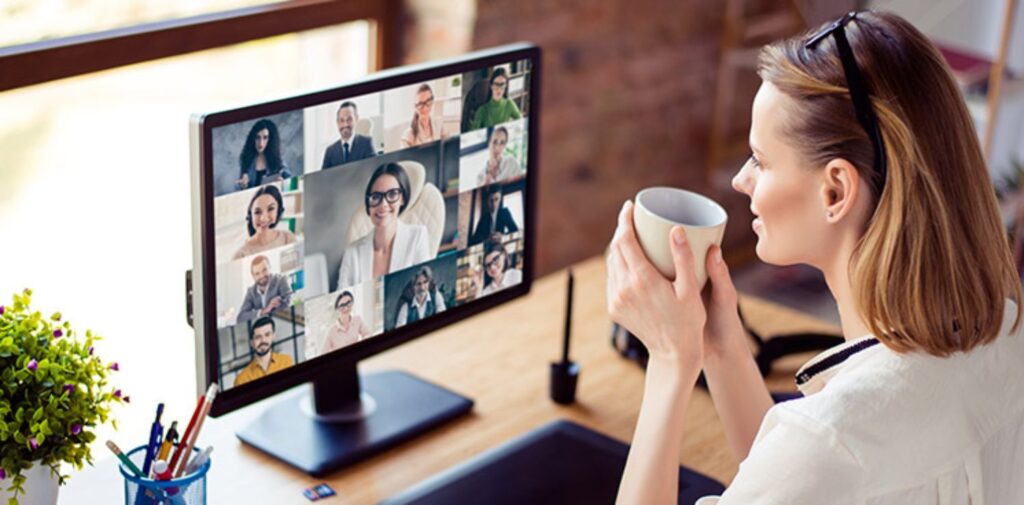
Building Communities and Support Networks
Social media platforms also allow people with similar interests to connect. In India, there are countless groups and forums where people discuss everything from local food recipes to health and fitness tips. These groups provide a sense of belonging, especially for people who may feel isolated in their offline lives.
For example, someone with a rare health condition can join a support group online, where they can talk to others who understand their struggles. These online communities can provide emotional support and practical advice that people might not have access to in their local surroundings.
Access to Information and Learning Opportunities
Social media can also be an excellent tool for education and learning. Platforms like YouTube, LinkedIn, and Twitter allow people to access educational content on various topics. In India, many people use social media to learn new skills, such as cooking, photography, or even coding. During the COVID-19 pandemic, many students and professionals turned to online platforms for learning and working remotely.
For example, a college student in a small town can access online lectures and tutorials from top universities around the world, which was not possible before the rise of social media.
Networking and Professional Growth
Social media, especially platforms like LinkedIn, is widely used for professional networking. People in India, whether entrepreneurs or employees, use social media to connect with potential business partners, clients, and employers. This has opened up new career opportunities, allowing people to connect with industry leaders and learn from their experiences.
For example, an aspiring tech professional in India can join a LinkedIn group for tech enthusiasts and professionals, gain industry insights, and even find job openings.
Dark Side of Social Media: Catalyst for Isolation
While social media can connect us in many ways, it also has a downside. It can sometimes make us feel more isolated and disconnected from the real world. Let’s take a look at how this happens:
Comparison and Low Self-Esteem
One of the most significant downsides of social media is the tendency to compare our lives with others. Platforms like Instagram and Facebook often show the best moments of people’s lives, like vacations, celebrations, and achievements. However, what we don’t see are the struggles, failures, and everyday challenges.
This can lead to feelings of inadequacy, especially when we compare our own lives to the seemingly perfect lives of others. In India, where social status and success are often measured by external factors, social media can exacerbate feelings of pressure and self-doubt.
Fake Connections and Superficial Interactions
Although social media allows us to stay in touch with others, these connections can sometimes be shallow. We may have hundreds or even thousands of followers, but how many of these people do we really know? In many cases, online interactions can feel less genuine than face-to-face conversations.
In India, where family and community ties are important, online connections may not provide the same emotional support that real-life relationships do. Even though we may be constantly online, these superficial connections can leave us feeling more isolated.
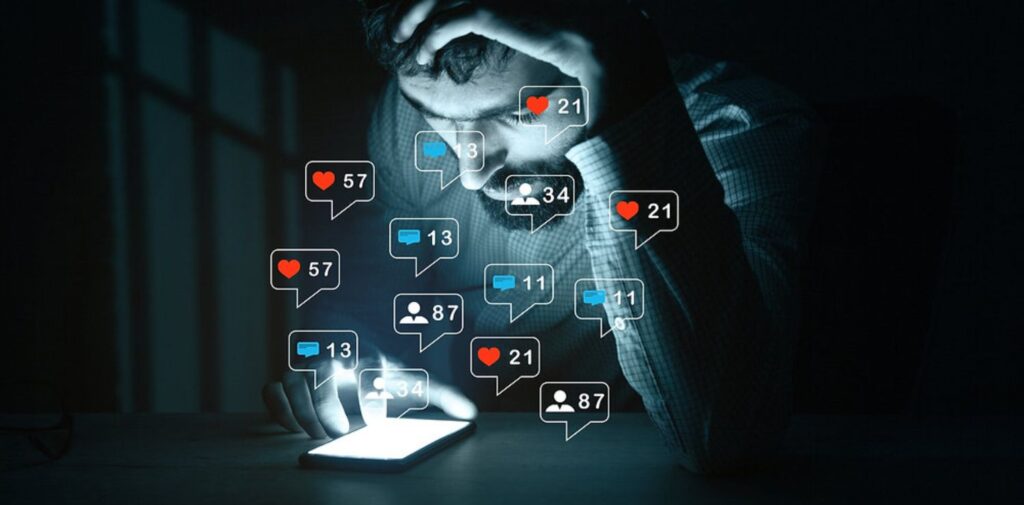
Reduced Face-to-Face Interactions
Spending too much time on social media can reduce the amount of time we spend interacting with people in person. This is especially true for young people, who may choose to communicate through texting or chatting on social media rather than meeting face-to-face.
In India, where traditional socializing is an important part of life, the shift toward online communication can lead to a decline in physical interactions, which may make people feel more disconnected and lonely. Face-to-face interactions provide emotional warmth and deeper connections that social media often lacks.
Cyberbullying and Negative Feedback
Another major issue with social media is the rise of cyberbullying. People, especially young people, are often targeted by online bullies who use the platform to spread negativity and hate. In India, cyberbullying has become a significant problem, with many people facing harassment, trolling, and even threats online. This can have a severe impact on a person’s mental health, leading to isolation and depression.
Addiction and Overuse
Many people in India spend hours on social media every day, scrolling through endless feeds and watching videos. This can become addictive, leading to a loss of productivity and a decrease in real-life social interactions. Spending too much time on social media can also affect sleep patterns, as people stay up late engaging with online content.
The constant need to check notifications and updates can create a sense of anxiety, and it often leads to feelings of loneliness when there is no real-world interaction to balance out the virtual connections.
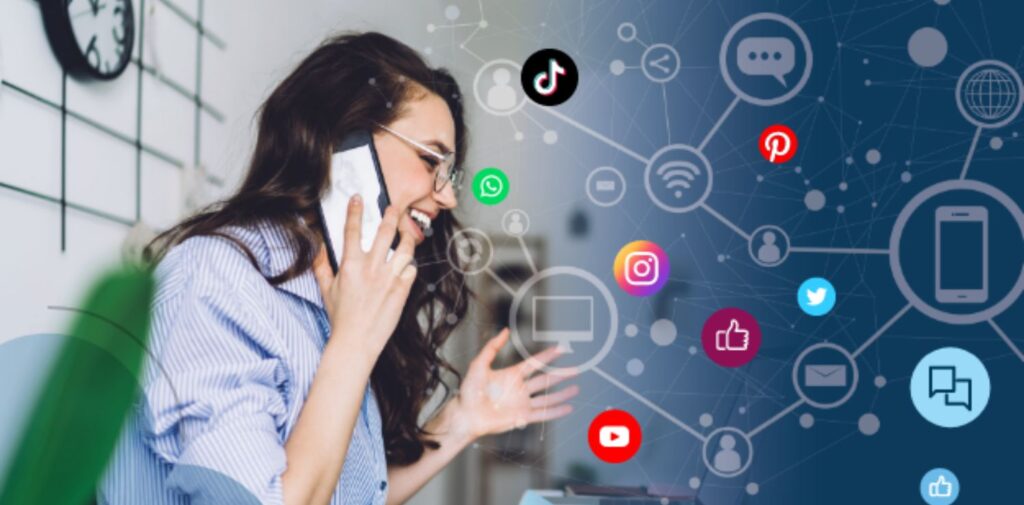
Finding Balance: How to Use Social Media Positively
While social media has its drawbacks, it can be used in a positive way if we are mindful of how we engage with it. Here are some tips for maintaining a healthy relationship with social media:
- Set Time Limits: To prevent social media from becoming addictive, it’s a good idea to set time limits on how long you spend on these platforms. You can use apps that help track your screen time and remind you when it’s time to take a break.
- Be Selective About What You Follow: Instead of following hundreds of people or pages, focus on following accounts that bring positivity and value to your life. This can include educational content, motivational speakers, or family and friends. Avoid accounts that make you feel insecure or stressed.
- Make Time for Real-Life Interactions: While social media allows us to connect virtually, it’s essential to maintain real-life relationships. Spend time with family and friends in person, attend social events, and participate in activities that help you bond with others outside of the online world.
- Practice Digital Detox: Taking occasional breaks from social media can help you reconnect with yourself and the people around you. This “digital detox” can be as simple as taking a day off or going for a walk without your phone. It’s important to disconnect from the online world to recharge your mental health.
- Use Social Media for Good: Social media can be a powerful tool for spreading positivity, supporting causes, and helping others. Join groups or forums that focus on topics that interest you, whether it’s health, education, or social change. Engaging in meaningful conversations online can help you connect with like-minded individuals and contribute to positive discussions.
Conclusion: The Double-Edged Sword of Social Media A Tool
Social media is not inherently good or bad—it all depends on how we use it. It can be a powerful tool for connection, helping us stay in touch with loved ones, build communities, and access valuable information. However, it can also lead to feelings of loneliness, comparison, and isolation if we don’t use it mindfully.
The key is balance. If we can manage our social media use in a way that enhances our real-life connections and supports our mental health, it can be a positive force. Social media should be a tool that enriches our lives, not one that replaces the deeper, more meaningful connections we form offline.

